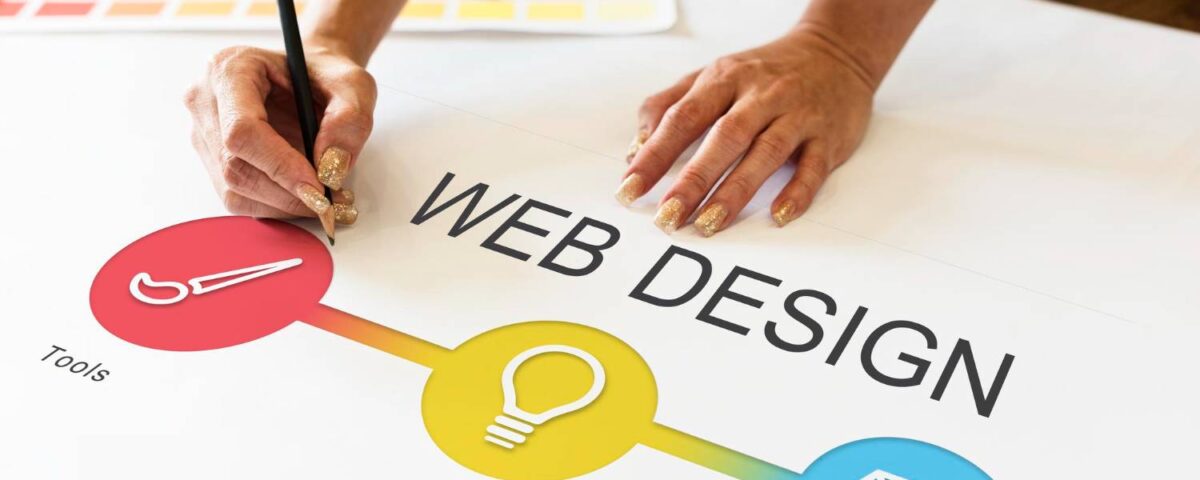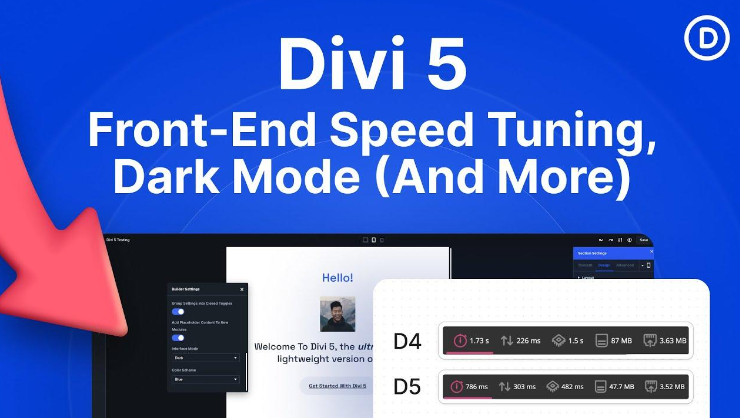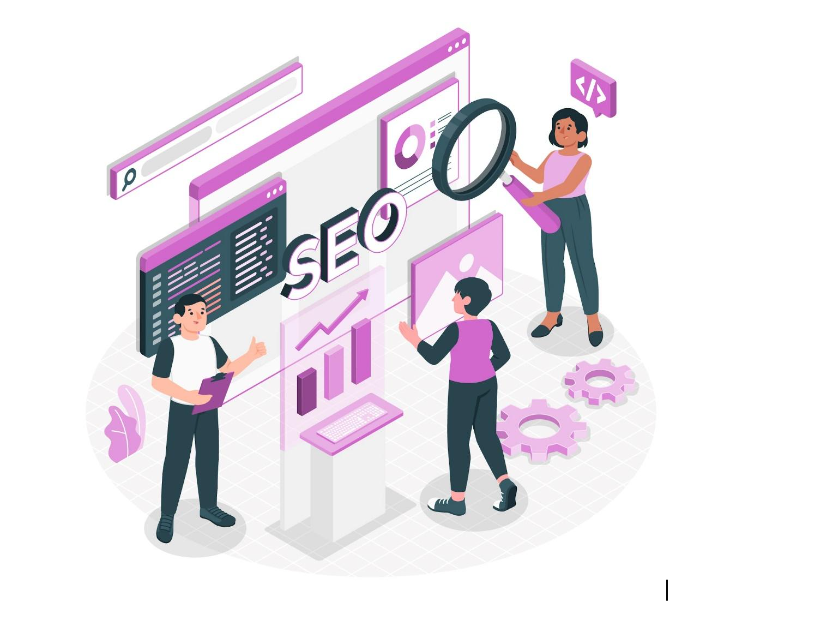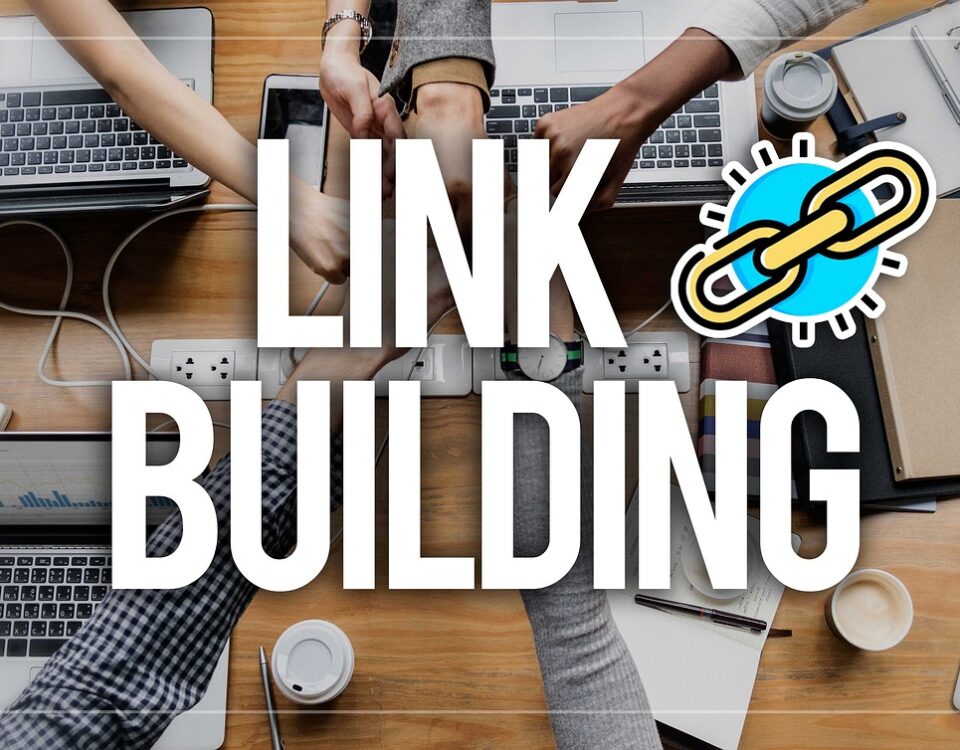
What are the 17 most important questions to ask your WordPress website designer?
June 1, 2023
What does it mean that a website is Mobile responsive?
June 3, 2023Designing a WordPress website involves several key steps to ensure a successful outcome. Here is a recommended process for designing a WordPress website:
- Define Goals and Objectives: Clarify the purpose of your website and identify your target audience. Determine the main goals you want to achieve with the website, such as generating leads, increasing sales, or providing information.
- Plan and Research: Conduct thorough research on your target audience, competitors, and industry trends. Create a site map to outline the website’s structure and navigation. Determine the essential pages and functionalities needed.
- Choose a WordPress Theme: Select a WordPress theme that aligns with your brand and meets your functional requirements. Consider factors like responsiveness, design flexibility, customization options, and support from the theme provider.
- Content Layout: Create a Layout visualize the website’s layout and user experience. This step helps you determine the placement of elements, such as headers, footers, menus, and content sections.
- Content Creation: Develop high-quality and engaging content for your website. Craft compelling copy, select relevant images, and create any necessary visual assets. Ensure that your content is optimized for SEO and aligns with your brand messaging.
- Website Development: Convert your design and content into a fully functional WordPress website. Set up WordPress on your hosting server, install the chosen theme, and customize it according to your Layout. Implement necessary plugins for additional functionality.
- Responsiveness and Compatibility: Test your website across different devices and web browsers to ensure responsiveness and compatibility. Adjust the design and functionality as needed to provide a seamless user experience on various platforms.
- SEO Optimization: Optimize your website for search engines by incorporating relevant keywords, meta tags, and descriptive URLs. Ensure that your website loads quickly, has clean code, and follows best practices for SEO.
- Testing and Quality Assurance: Thoroughly test your website for functionality, usability, and performance. Check for broken links, form submission, and any other interactive elements. Validate that all pages and sections display correctly on different devices.
- Launch and Deployment: Prepare your website for launch by reviewing all content, double-checking links, and implementing any necessary security measures. Set up analytics to track website performance and monitor visitor behaviour.
- Ongoing Maintenance and Updates: Regularly update WordPress core, themes, and plugins to ensure security and compatibility. Continuously monitor website performance, fix any issues, and regularly update content to keep it fresh and relevant.
If your website designer follows these steps, you can be sure you will have an excellent website fit for your needs and business.
Other questions to ask your WordPress Designer
- Can you provide examples of websites you have designed using WordPress?
- What is your process for designing a WordPress website?
- Will the website be mobile-responsive?
- How will you ensure the website is optimized for search engines (SEO)?
- Can you integrate third-party tools or plugins into the WordPress website?
- Will the website be customizable for future updates and changes?
- What security measures will be implemented to protect the website?
- Will the website be optimized for fast loading times?
- How will the website be tested for compatibility across different browsers and devices?
- Can you provide training or documentation on how to use the WordPress CMS?
- Will the website be integrated with social media platforms?
- Should I migrate content from my old website or just create new content?
- What are the costs associated with building and maintaining the WordPress website?
- Will the website be accessible and compliant with web accessibility guidelines?
- How will the website be backed up and what is the disaster recovery plan?
- What is the estimated timeline for completing the WordPress website?
- Can you provide ongoing support and maintenance services for the WordPress website?
Planning to set up a website? Or is it time to redesign your old one? Let us help you take your business to the next level with our affordable, professional web design services! Call us now on (0) 1 960 9023 or click here to book a free consultation!
Image by rawpixel.com on Freepik




